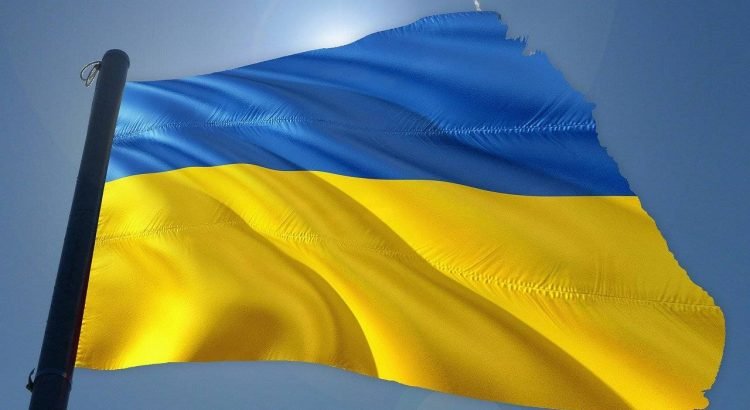As the shock of the first week of the Russian invasion of Ukraine starts to fade, we have opportunity to be more considered in our responses. Despite the warnings from Western governments and intelligence services, many of us were shocked when the full-scale Russian invasion began last week. However, despite the initial surprise, this crisis has many familiar overtones.
For the past few weeks, I have been reading a book entitled Sleepwalkers, which chronicles how Europe fell into war in 1914, one which was to become the First World War. It is eerie how some of the issues which propelled poor decisions are as much an element now as they were over 100 years ago. For example, the Russian government’s insecurity over its borders and neighbouring states, the aspirations of new states, and growing desires for democracy.
Sadly, I’m sure that this crisis will occupy us for some time to come, but rather than focusing on Ukraine and the Ukrainians, I want to instead consider the Russian people in this story. Figures fluctuate depending on who you are hearing from, but we understand that thousands of Russians have been imprisoned for protesting against the war. There is a bravery about these people who are standing against the mechanism and power of the state, to raise a voice against injustice. We are yet to see if these actions are part of a more popular movement, but certainly seems to be a minority who are standing up at this point in time.
When it comes to protesting and working against injustice, people of faith are often at the forefront. Seeing this example of Russian people criticising their own government—in a country with neither freedom of press or freedom of expression—causes me to consider how far I myself would go to fight against injustice. In fact, whether it be protesting in Russia or arming oneself and fighting in Ukraine, I think that many of us are considering, “What would I do if I was in this situation?”. Soon there will be opportunities, no doubt, to serve those escaping the war as people start to arrive in the UK. There are already opportunities to put pressure on our government about how we receive those who have fled the country.
The strength of the voice of faith, when it comes to putting pressure on government around compassion to refugees, is particularly significant because so many from faith communities in the UK are at the forefront of welcoming and aiding in practical ways those fleeing war and injustice.
However, in this pause, before practical action is required of us, it is important to reflect on that question, “What would I do if I was in the situation?”. I’m sure many in the West would say they would never be in a situation like that—but, of course, many of those living in Ukraine would’ve felt the same up until last week. In this world, things can change very quickly, and it is important for us to calmly consider what our responses would be—it’s important that we do not fall into knee-jerk reactions of passion or fear when a situation arises in front of us.
Many of us are instructed, as part of our faith, to pray for our leaders, both governmental and spiritual. They need wisdom, not to just react to the emotions and populism in front of them, but not to be immune to it either. Our leaders need wisdom grounded in humanity and compassion.
So let us consider what our reaction would be, what we can do as both individuals and faith communities in response to this crisis, and let us pray for our leaders.
